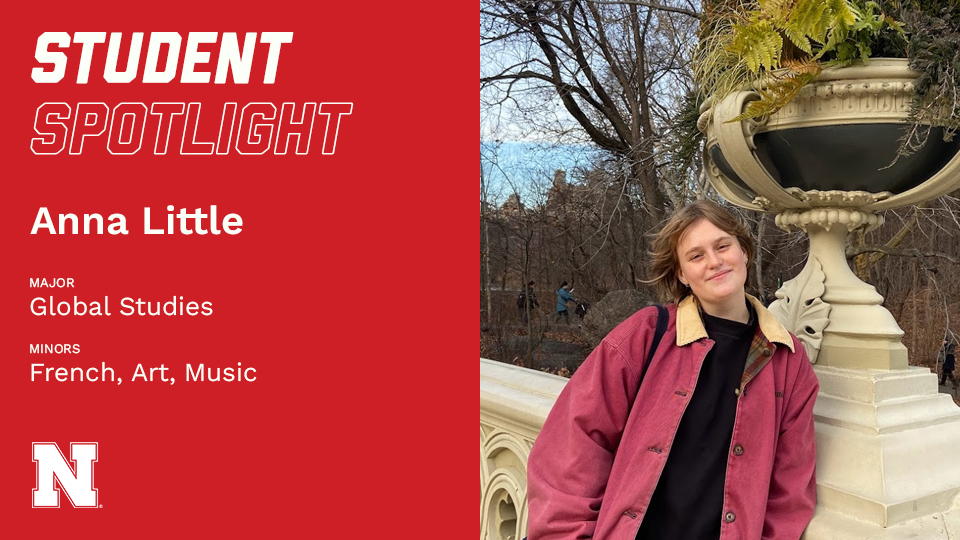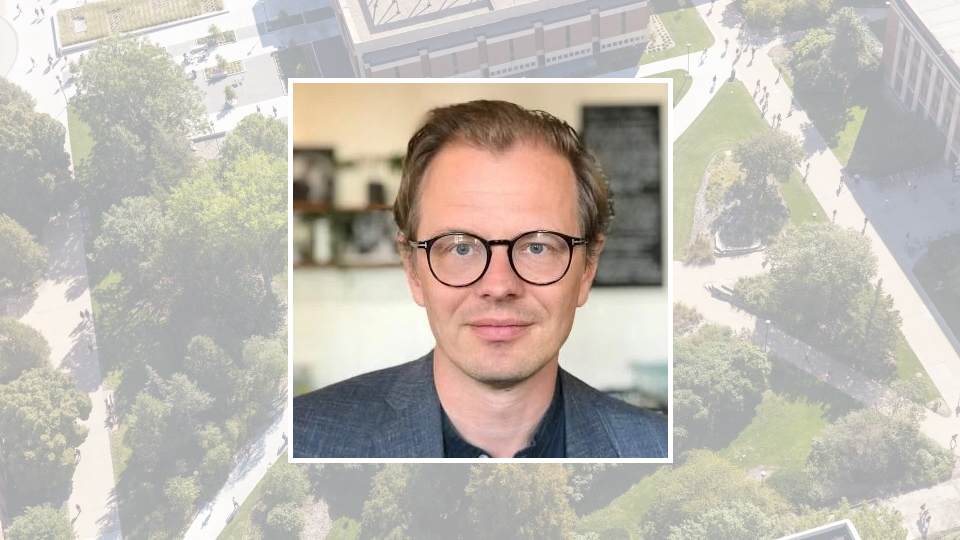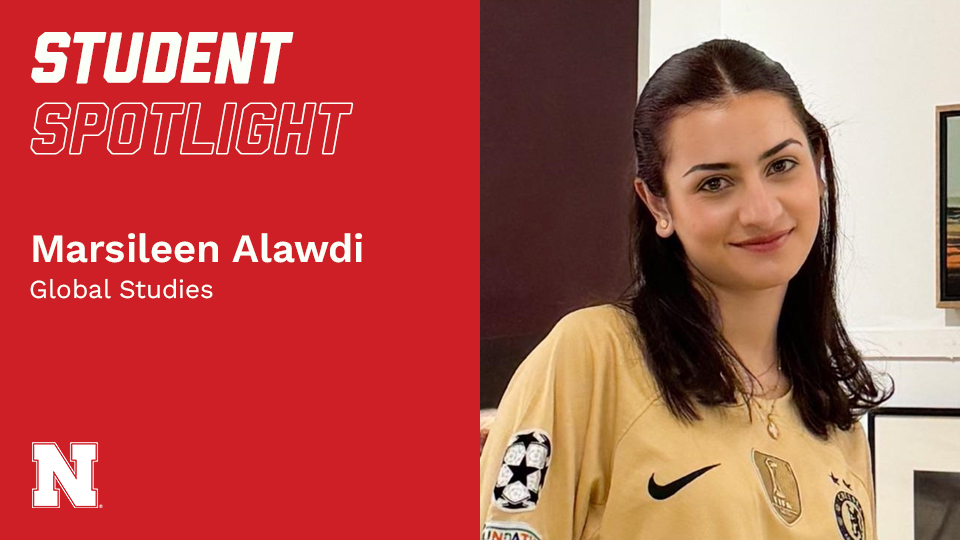Dr. Raymond Hames was a participant in the recent conference “The Puzzle of Sexual Orientation: What is it and How Does it Work?” at the University of Lethbridge (Alberta, Canada) where he presented the paper entitled “The Absence of Evidence is not Evidence of Absence: Is Homosexuality Universal?” This invitation-only conference brought together the most respected researchers on sexuality in the world. Among the questions explored here were:
- How do we accurately identify what “sexual orientation” encompasses, so that we can then characterize it in an accurate and authentic fashion.
- How can sexual orientation best be measured?
- Why are genital arousal and subjective sexual arousal not concordant in some people, especially in women?
- Can sexual orientation change on its own, or can it be changed via some sort of intervention?
- Does everyone have a sexual orientation?
- Are sexual preferences different from sexual orientation and, if so, how?
Conference participants examined the role of various proximate factors such as genes, hormones, neurobiology, learning, socialization, and culture influence on sexual orientation. They also explored whether atypical sexual interests are disordered, non-pathological, or even adaptive.
Hames notes, “Most of what we know about same sex attraction comes from Western populations. But cross-cultural research reveals that a significant number of traditional societies use a three gender system of sexual orientation and not the binary system of man-woman we have in the West. In these societies, third gender roles are regarded as legitimate.” Hames was invited because of his extensive ethnographic knowledge of gender systems in non-Western societies. His research especially focuses on male homosexual (i.e., male androphilia) orientation in traditional societies and he collaborates with well-known sex researchers working on contemporary and ethnographic peoples. Conference presentations will be published in a special issue of The Archives of Sexual Behavior.
At the conference Hames and his student colleagues (Zach and Melissa Garfield, now in the doctoral program at Washington State University) presented cross-cultural research on the frequency of male homosexuality and the various forms it takes. Their research indicates that transgendered male androphilia (same sex attraction accompanied by female gender roles) is the most common form cross-culturally, culture plays an important role in its expression, and male homosexuality may be regarded as a context-dependent human universal.
The Lethbridge Conference was the fourth such workshop on sexuality. It occurs at five year intervals and is designed to assess current research progress and identify new questions.



